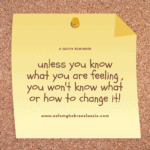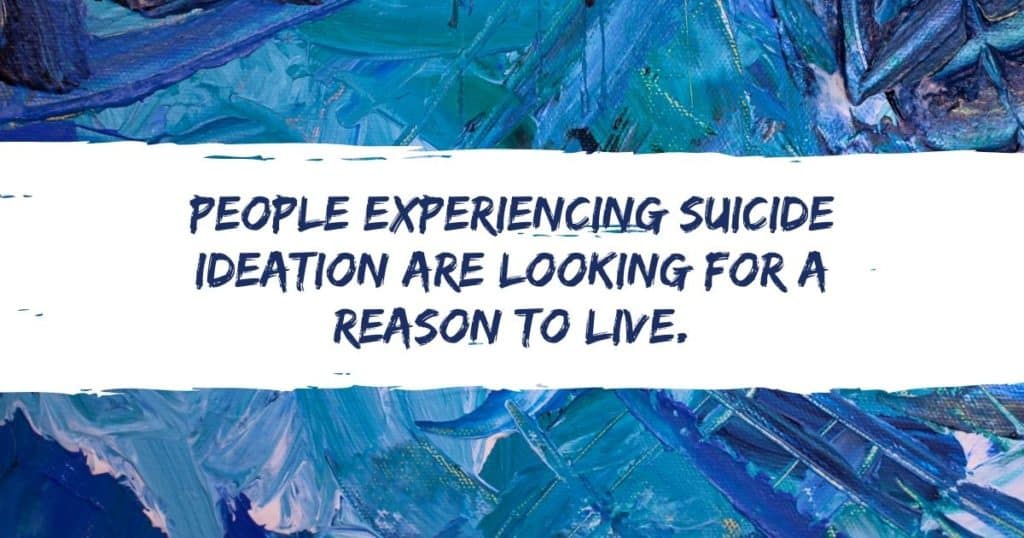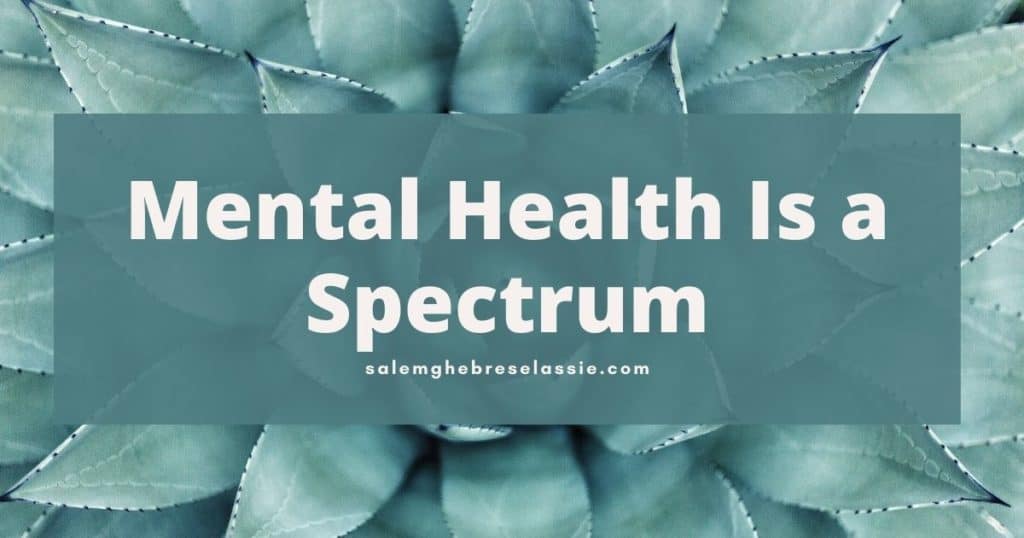We are created whole in the image of God. Our humanity encompasses our spiritual, physical, social, emotional, and intellectual being. We can’t glorify one aspect and neglect the other. We become whole, vibrant, and healthy human beings when all our ‘core-beings’ are alive and functioning the way they are supposed to.
This is a continuation of the previous blog on our emotional component. When it comes to expressing emotions, people tend to be either “stuffers” or “invokers” of their emotions, especially when it comes to negative emotions. The person who is a “stuffer” of his emotions is like a ticking bomb, you don’t know when he will explode. On the other hand, the one who “invokes” his negative emotions whenever and however he wants regardless of the circumstances is like a volcano. These are two extremes, and unless we are fully aware of them, we remain unable to enact healthy change. Acknowledging the specific emotion is the first step to changing it, or at least changing how we cope with and express that particular emotion. Unless we know it we won’t know what (or how) we want to change it in the first place …
self-awareness is key here.
“Emotion” is “referring to a feeling and its distinctive thoughts, psychological and biological states, and range of propensities to act.” (Daniel Goleman in his book Emotional intelligence). Basically, as humans, we are created to feel a different wide range of emotions which researchers classified into eight main groups: anger, sadness, fear, enjoyment, love, surprise, disgust, and shame. Our bodies often know our feelings before our minds. This could look like a sudden elevated heart rate, muscle tension, stomach-ache, trembling, headaches, and or the release of adrenaline into our bloodstream. If you experience such it might be a signal from your body that you can’t afford to ignore. I know for a fact that I can relate to this which causes me to pay attention to that particular emotion at that particular time.
An emotionally healthy person is a person who is mature. As the word of truth has it, “Better to be patient than powerful; better to have self-control than to conquer a city.” (Prov 16:32) This clearly shows how important it’s for us to be in control of our emotions, not vice versa.
Having said that; What are some of the indicators of someone who is emotionally unhealthy? How do we identify that within ourselves before applying the same to others?
An emotionally unhealthy person might look like:
- Using people and situations to run from these very same things
When we use people to satisfy our own needs, to seek approval from people. Or using situations that occurred in our lives to deflect and hide from facing the real issue
- Ignoring the negative emotions (like anger, fear, and shame)
Inflating ourselves with false confidence in trying to make those feelings go away. Devaluing and suppressing our negative emotions for the fear of being judged by others.
- Denying the impact of the past on our present life
Trying to completely erase our past lives, painful memories, and daydreaming to have a better today. One can only live in the present if he acknowledges and heals his past. In order to move forward, we need to go back and fix our past.
- Judging and blaming people
People who are solely fixated on pointing out other people’s mistakes and feel responsible to correct others at all times are people who are self-deceived. They are too blind to shift the mirror towards themselves. “If I am occupied with fixing my own faults then, I will have no time to see those of yours” (S.G) and the same saying goes for you.
- Covering up our brokenness, failures, and weaknesses
The pressure to display an image of ourselves that is strong, well-put-together, and having everything under control is a very real temptation to all of us. It’s human nature. We don’t want others to see our failures and brokenness. But the truth is all of us are flawed and imperfect. Knowing the rest of humanity is like us, deeply flawed with no exception, can help us to take it easy on ourselves and strive to be better one day at a time.
Having said that then, what are the characteristics of someone who is emotionally healthy?
- They recognize, name, and manage their own feelings.
- They truthfully self-assess and know their own strengths, weaknesses, and limits, and they freely share them with others.
- They are fully aware of their past and how it impacts their present life.
- They respect and love others without the need to change them.
- They ask what they need, want, and prefer clearly, directly with respect.
- They are able to initiate and maintain meaningful lasting relationships.
- They are loving and compassionate in helping others.
- They express their thoughts and feelings in a clear and respectful way.
- They learn and develop the capacity to resolve conflict maturely and negotiate solutions by including and considering the views of others.
* Emotional health is about knowing and loving ourselves well enough that we extend that same love and respect towards others. For this very reason self-awareness – knowing what’s going on inside of us helps us to remain emotionally healthy and loving others well. *
Yours,
Salem.G.







